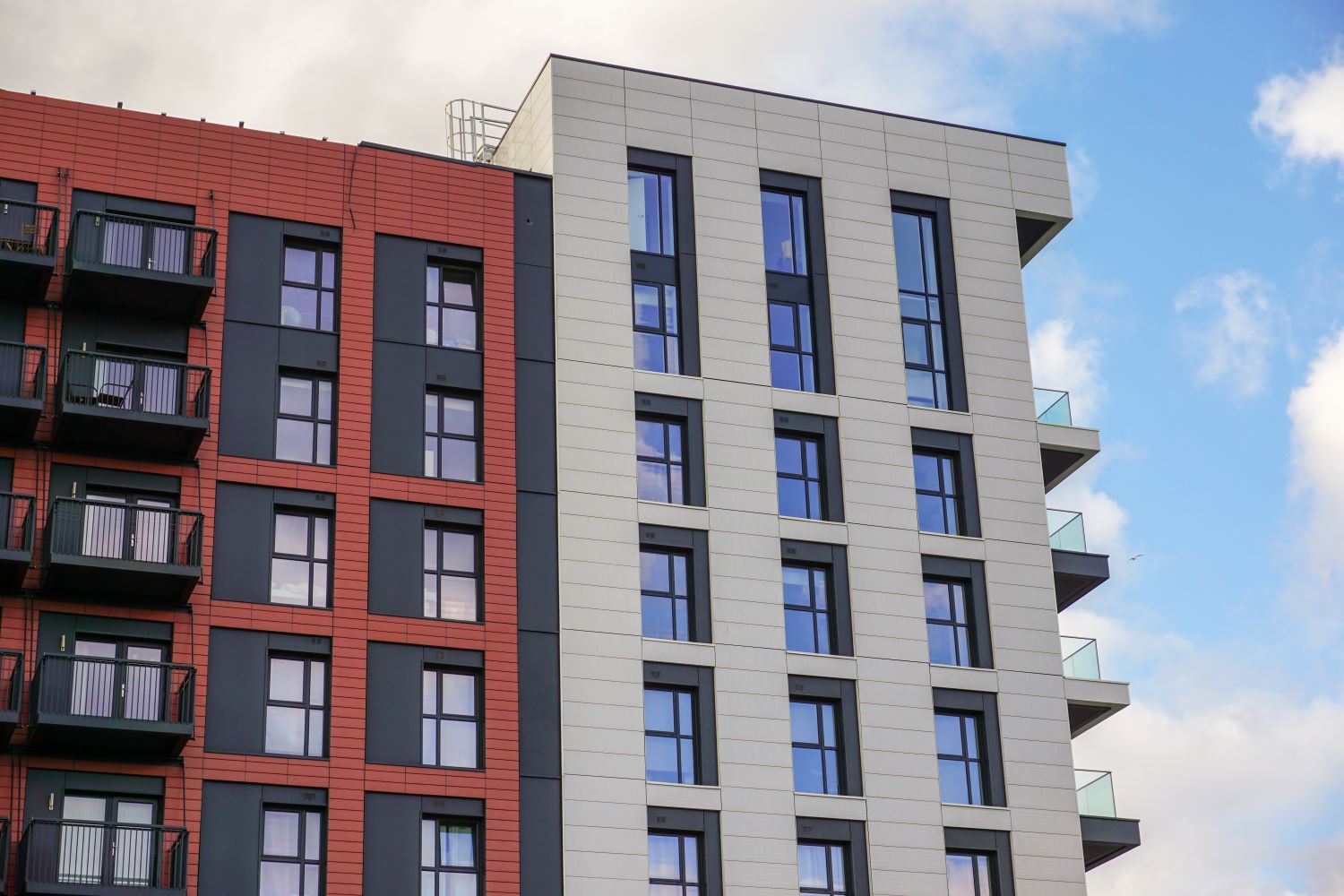Effectively managing leasehold properties requires a clear understanding of the legal avenues available when disputes arise. For managing agents, Right to Manage (RTM) companies, and freeholders, knowing the specific roles of the First-tier Tribunal (Property Chamber), the Upper Tribunal, and the County Court is essential. Choosing the correct forum can save significant time, money, and stress.
This guide explains the function of each body and outlines how alternative dispute resolution, like mediation, can offer a productive first step.
The First-tier Tribunal (Property Chamber): Your First Port of Call
For many disputes related to leasehold properties, the First-tier Tribunal (FTT), a statutory body, is the primary venue for resolution. It provides a specialised and accessible forum designed to handle the day-to-day issues that arise in leasehold management.
The FTT’s main responsibilities include ruling on:
- The reasonableness of service charges.
- The appointment of a manager.
- Disputes concerning the Right to Manage (RTM).
- Applications for the variation of leases.
- Issues related to administration charges and insurance.
While it is not a formal court, the FTT follows structured procedures and is equipped to handle complex legal arguments, focusing on fair and expert decisions within its specific jurisdiction.
The Upper Tribunal (Lands Chamber): The Appeals Body
If a party believes the First-tier Tribunal has made a factual or legal error in its decision, the case may be appealed to the Upper Tribunal (Lands Chamber). The function of this higher tribunal is to review and provide oversight on decisions made by the FTT, ensuring they are legally sound.
It is important to note that permission is generally required to bring an appeal. Furthermore, the appeal must be based on a specific point of law, not simply a disagreement with the FTT’s final outcome.
The County Court: Enforcing Financial and Legal Obligations
Certain leasehold matters fall outside the FTT’s jurisdiction and must be addressed in the County Court, with debt recovery being a primary example.
Key functions of the County Court in leasehold cases include:
- Recovering Service Charge Arrears: The process of recovering unpaid service charges is often initiated or enforced through the County Court. After the FTT has determined that a service charge is payable, the County Court is used to enforce that payment. This can lead to a County Court Judgement (CCJ) or a charging order application.
- Forfeiture and Possession Orders: In cases of serious lease breaches or persistent non-payment of charges, the County Court is the venue for seeking a possession order through the forfeiture of the lease.
The Value of Mediation in Resolving Disputes
Before escalating a dispute to a tribunal or court, all parties should give serious consideration to mediation. Mediation provides a confidential, cost-effective, and less adversarial method for resolving conflicts. It involves a neutral third party who facilitates a dialogue to help find a mutually agreeable solution.
This approach can be especially valuable in preserving the long-term relationship between leaseholders and those managing the property. Courts and tribunals increasingly expect parties to have considered Alternative Dispute Resolution (ADR) before initiating formal legal proceedings. Engaging in mediation can help prevent avoidable legal costs and protracted delays.
Conclusion: Choosing the Right Path for Your Leasehold Matter
Understanding the distinct functions of each legal body is crucial for effective leasehold management. Whether it is the FTT assessing service charge reasonableness, the Upper Tribunal reviewing legal errors, or the County Court enforcing payment, selecting the correct forum is key to saving time and money. Proactively considering mediation can also lead to a more efficient and amicable resolution for everyone involved.
At Brady Solicitors, we specialise in guiding clients across the sector through these complex legal processes. Our advantage lies in our comprehensive approach; we can support you from informal mediation right through to tribunal and court action. We are committed to achieving the best outcome for you efficiently and cost-effectively, while always remaining empathetic to the parties involved




